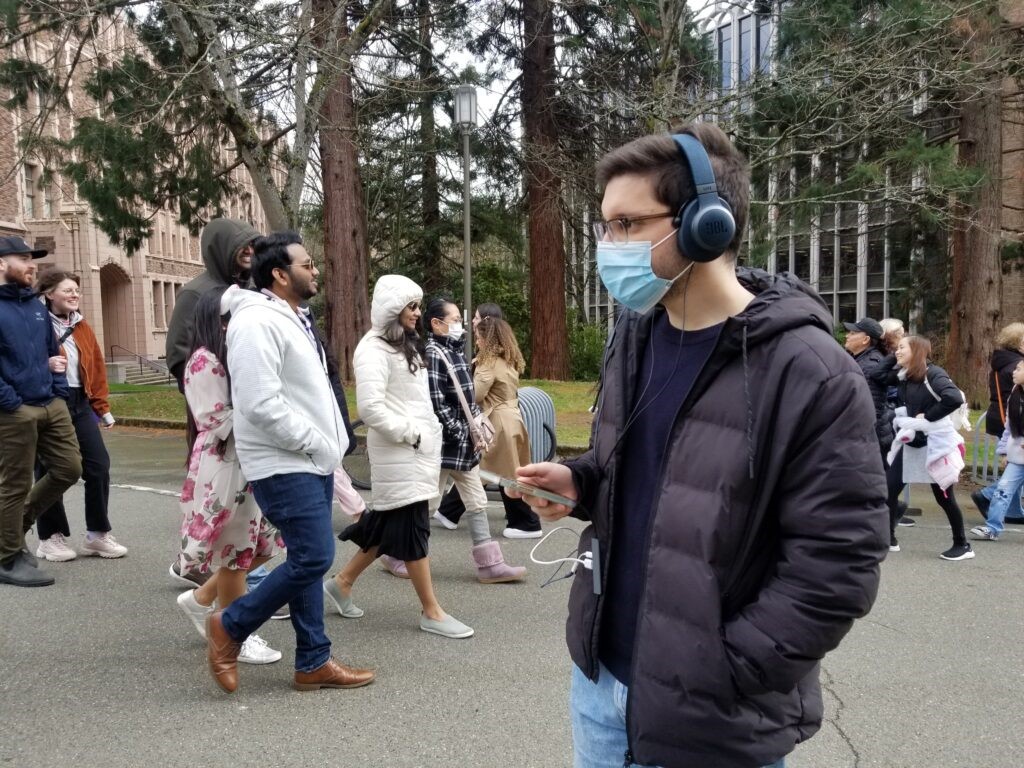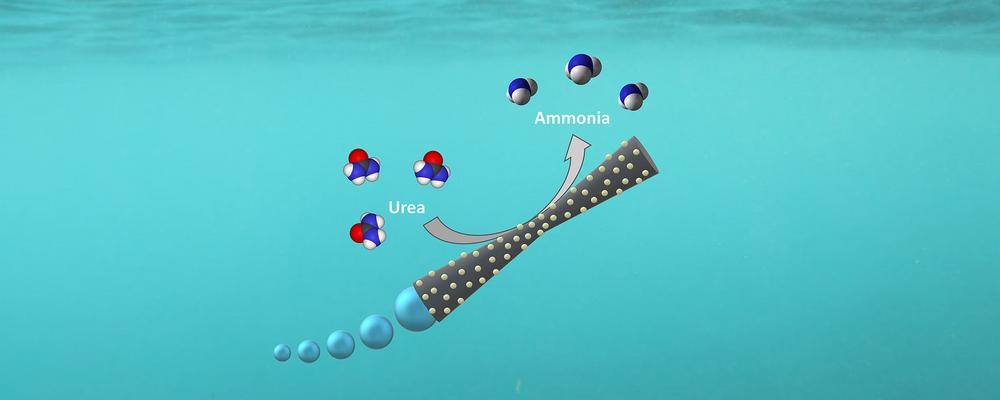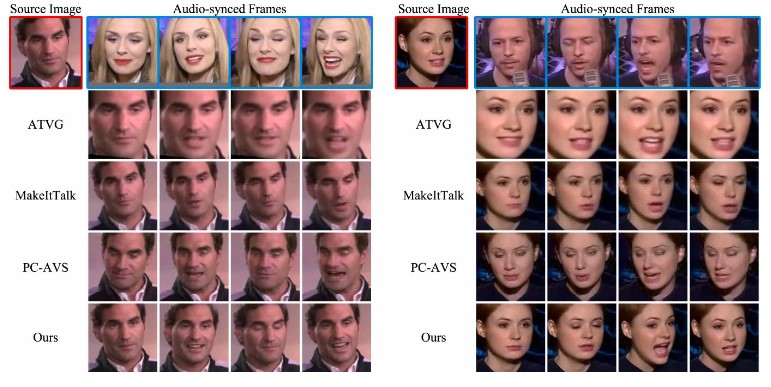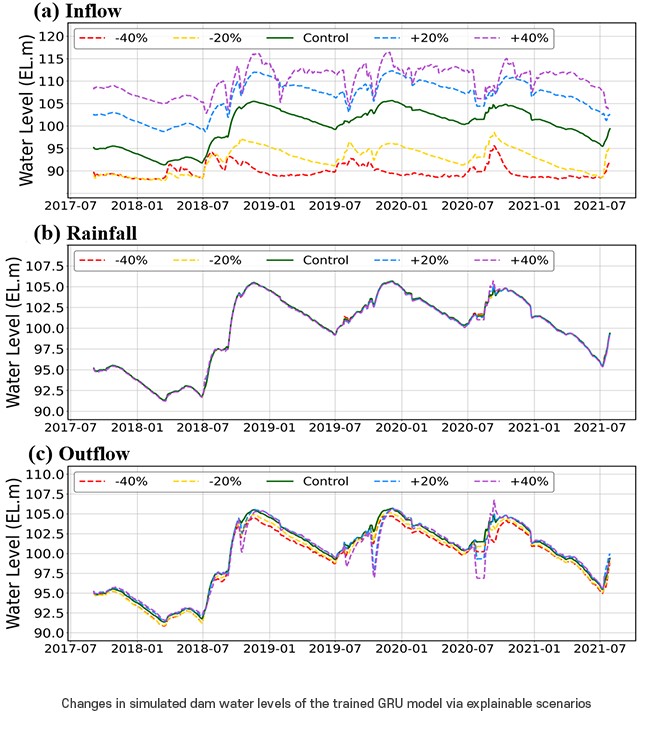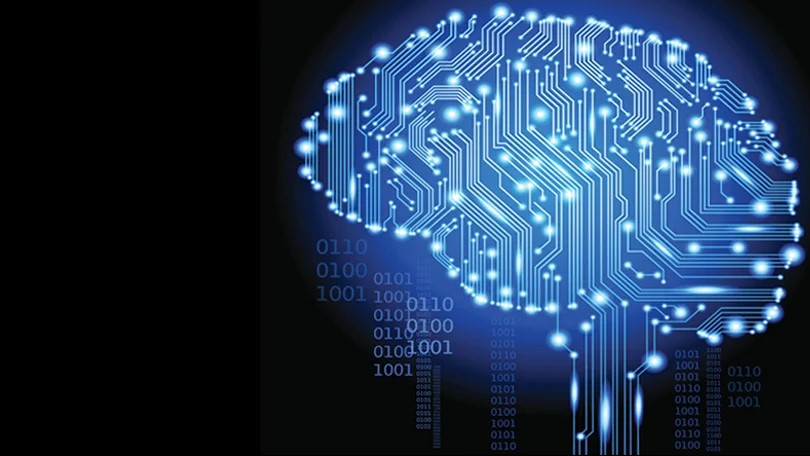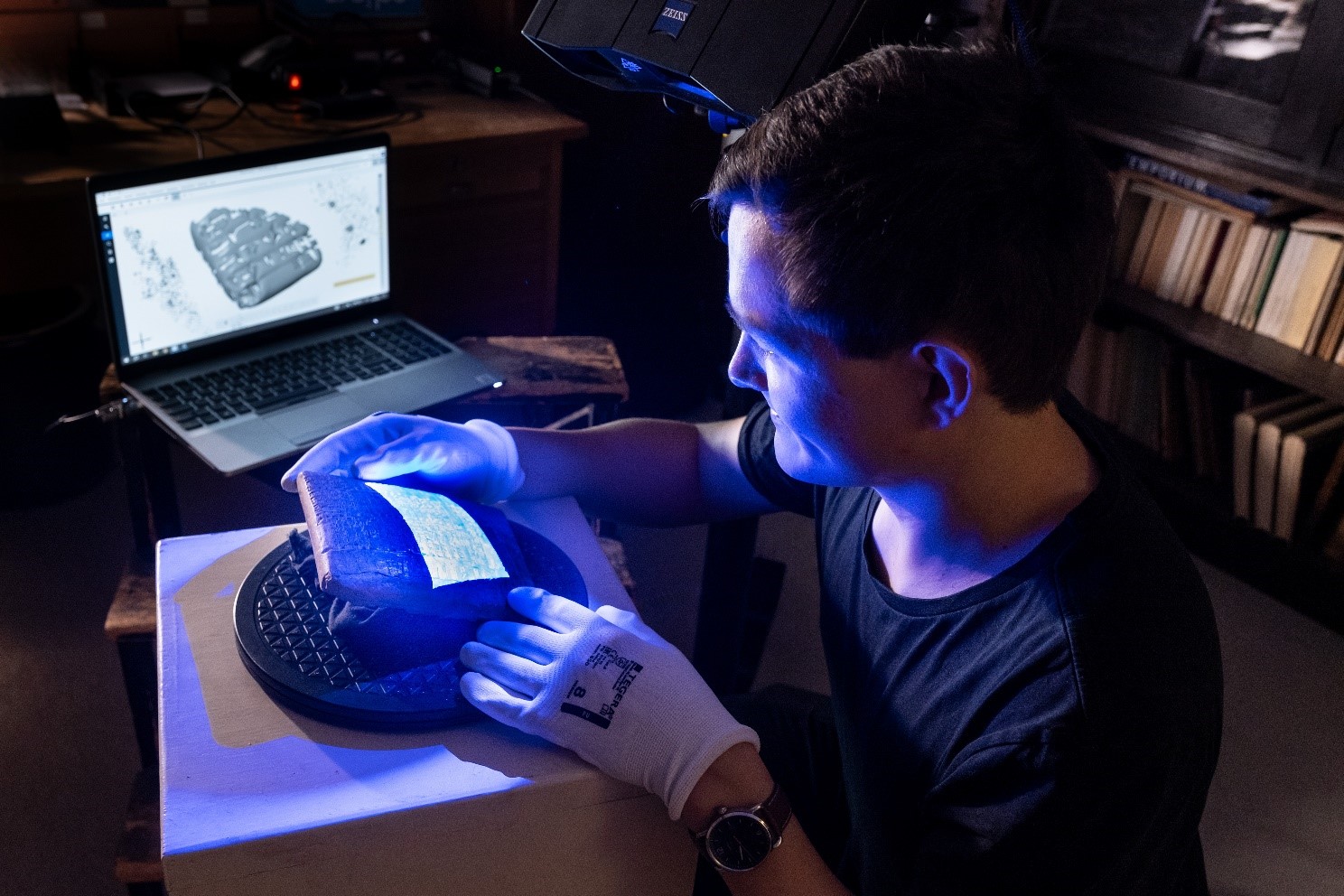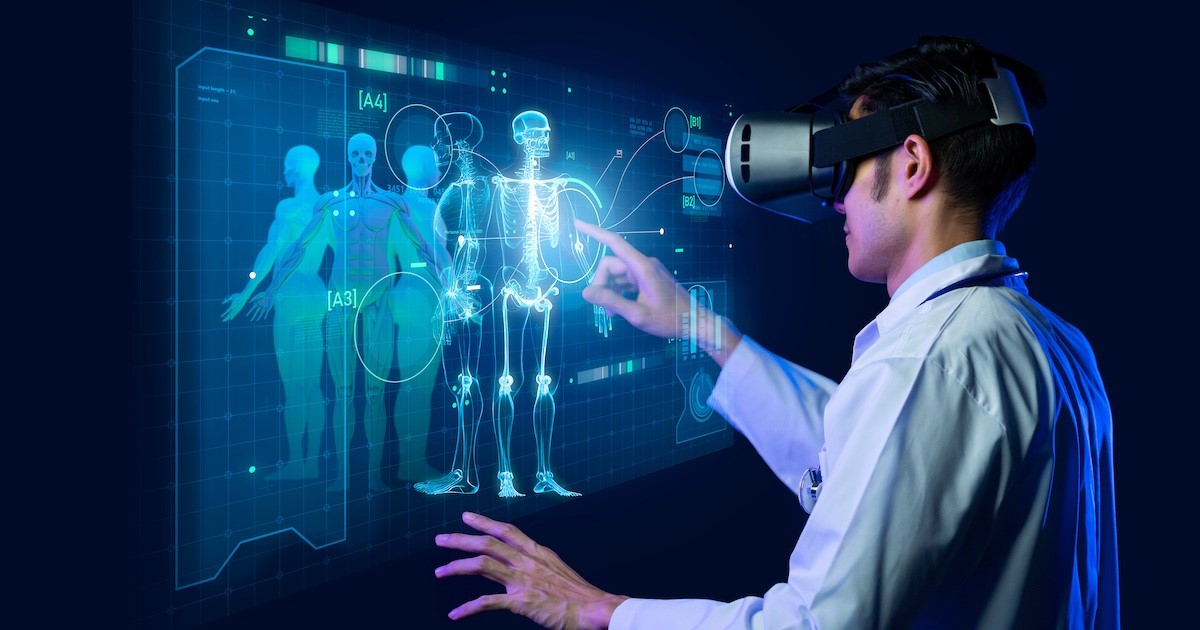Revolutionizing Healthcare: GatorTronGPT's Impressive Leap in AI-Generated Medical Notes
In a groundbreaking collaboration between the University of Florida and NVIDIA, researchers have unveiled a new AI program that has left medical professionals astounded. This cutting-edge technology, named GatorTronGPT, has demonstrated its ability to generate doctors' notes so convincingly that even seasoned physicians struggled to distinguish between notes crafted by human doctors and those generated by the AI. A recent study published in the Nature journal npj Digital Medicine sheds light on this game-changing development, suggesting that AI could play a pivotal role in enhancing efficiency in healthcare.
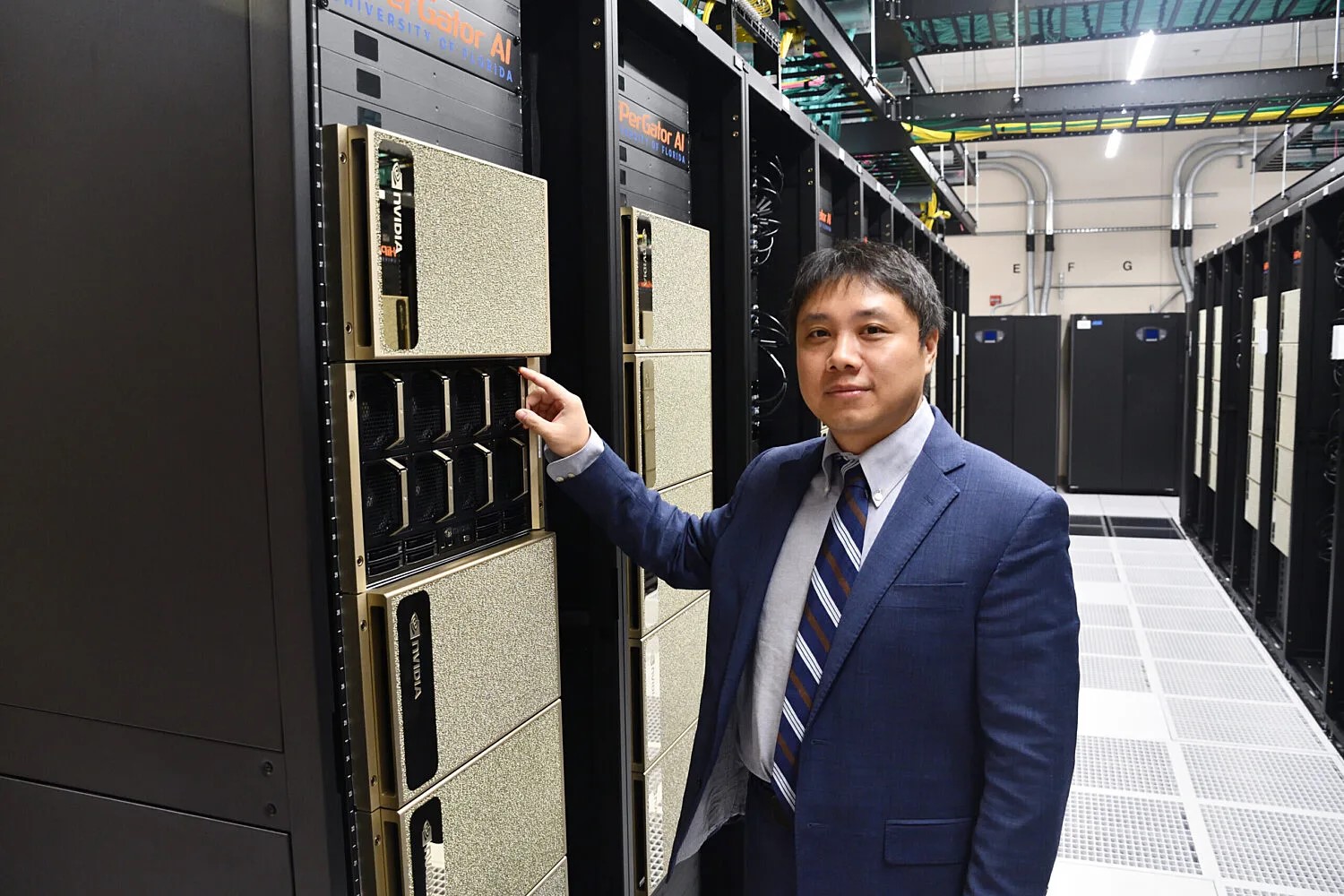
Figure 1. Yonghui Wu, Ph.D., stands beside the HiPerGator. (Credit: University of Florida)
The Power of GatorTron™ Models
Figure 1 shows Yonghui Wu, Ph.D., stands beside the HiPerGator. The research team, comprising 19 experts from NVIDIA and the University of Florida, harnessed the capabilities of supercomputers to train GatorTronGPT. Functioning similarly to ChatGPT, this new model has already gained popularity, with over 430,000 downloads from Hugging Face, an open-source AI website. GatorTron™ models are uniquely positioned for clinical research, as affirmed by lead author Yonghui Wu, Ph.D., from the UF College of Medicine's department of health outcomes and biomedical informatics.
AI in Healthcare: Overcoming Challenges
Generating medical records through AI introduces unique challenges, including the need to protect patient privacy and the highly technical nature of medical language. To tackle these obstacles, the researchers meticulously stripped UF Health medical records of identifying information from 2 million patients while retaining 82 billion medically relevant words. By combining this dataset with an additional 195 billion words, the GatorTronGPT model was trained to analyze medical data using the GPT-3 architecture, resulting in clinical text closely resembling that of human doctors.
Partnerships and Advancements
The collaboration between UF and NVIDIA extends beyond research, with NVIDIA co-founder Chris Malachowsky's contribution leading to the establishment of UF's Malachowsky Hall for Data Science & Information Technology. This $150 million structure, funded through a public-private partnership, houses the upgraded HiPerGator supercomputer, the first of its kind in a university setting.
Future Applications and Commercial Endeavors
The potential applications of GatorTron™ and GatorTronGPT in healthcare are vast, with one intriguing idea being the replacement of tedious documentation with AI-recorded and transcribed notes. Dr. Wu reveals that UF has an innovation center actively pursuing a commercial version of this groundbreaking software, pointing toward a future where AI significantly impacts medical practices.
The study, partially funded by grants from esteemed institutions such as the Patient-Centered Outcomes Research Institute and the National Cancer Institute, marks a significant milestone in the integration of AI into healthcare. As GatorTronGPT blurs the lines between human and machine-generated medical notes, it paves the way for a future where AI-powered solutions enhance efficiency, streamline processes, and revolutionize the field of medicine. The journey from supercomputer training to real-world healthcare implementation is well underway, promising a future where AI stands as a formidable ally in the pursuit of better patient outcomes.
Source: University of Florida
Cite this article:
Hana M (2023), Revolutionizing Healthcare: GatorTronGPT's Impressive Leap in AI-Generated Medical Notes, AnaTechMaz, pp. 337



